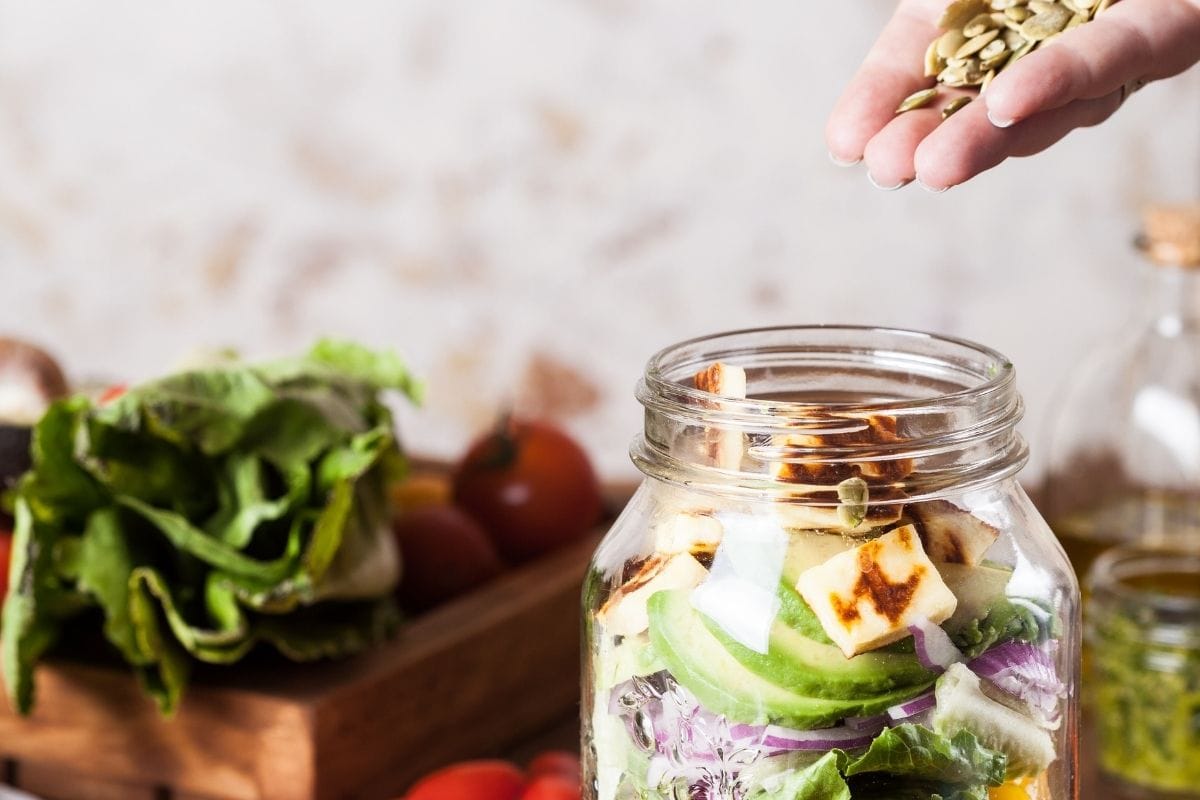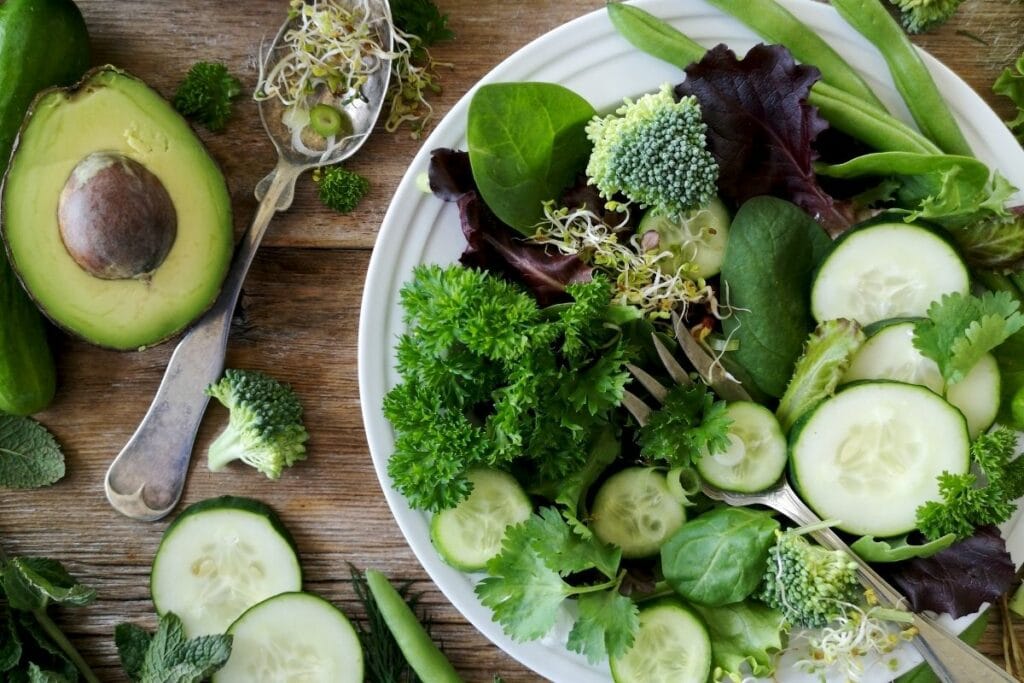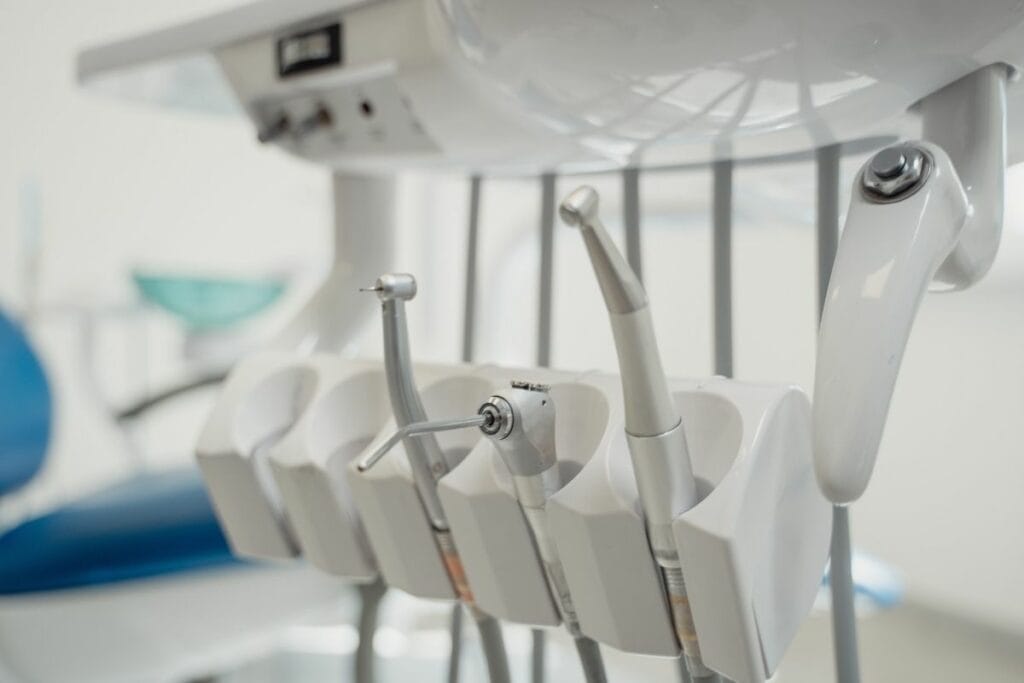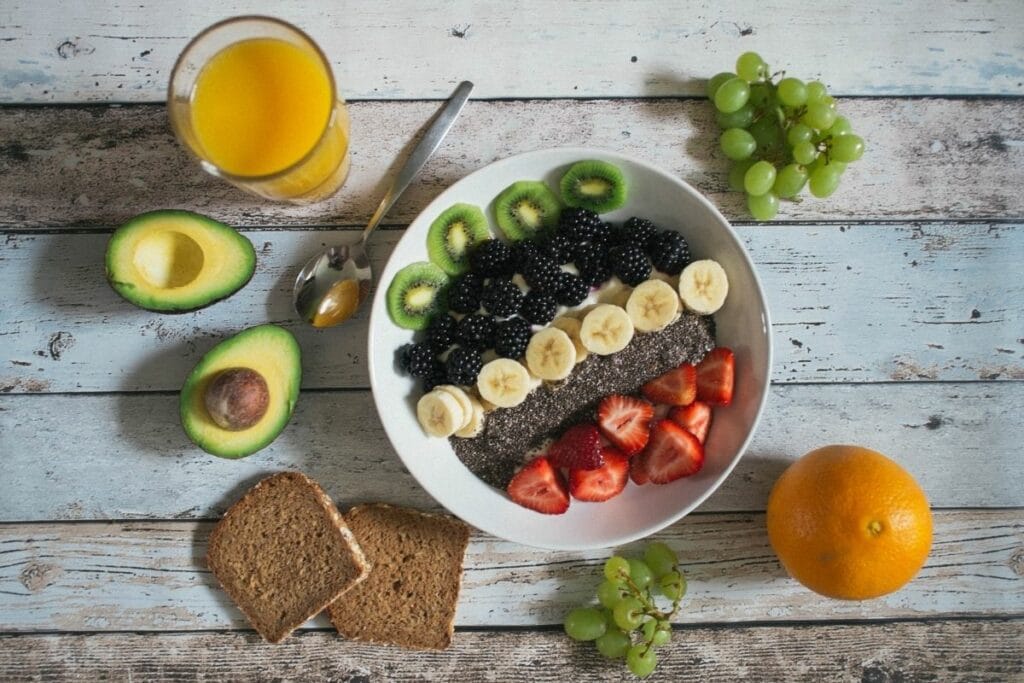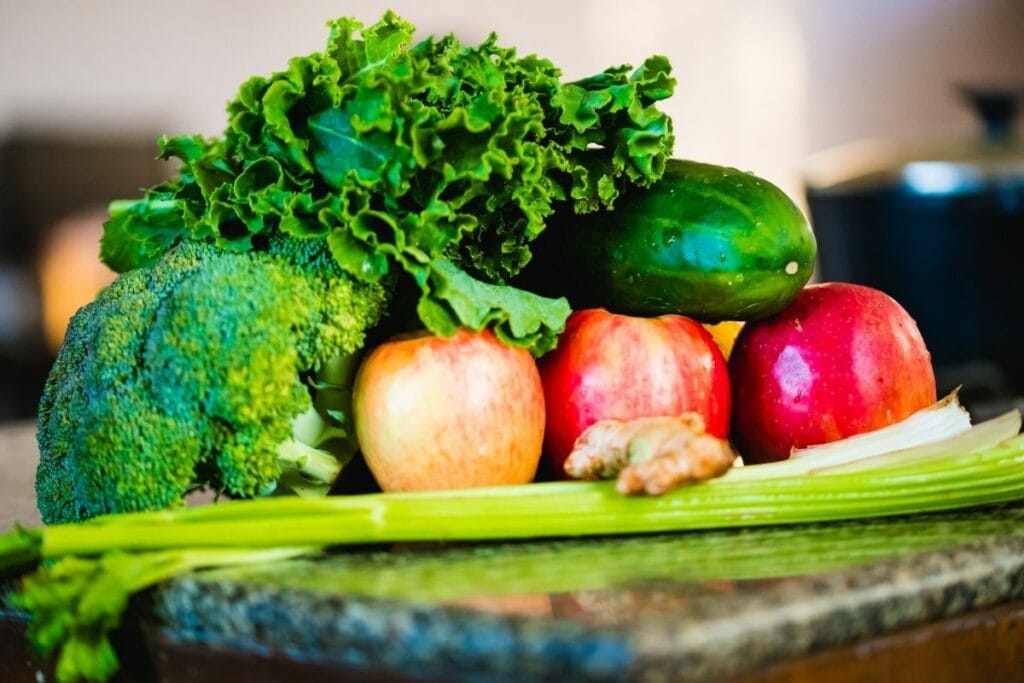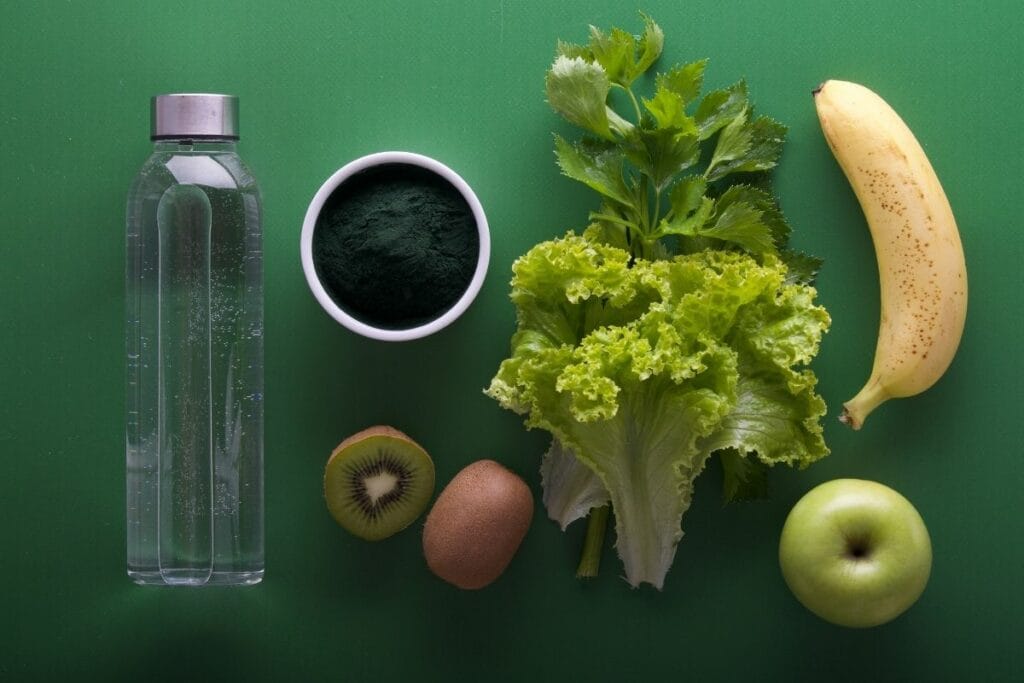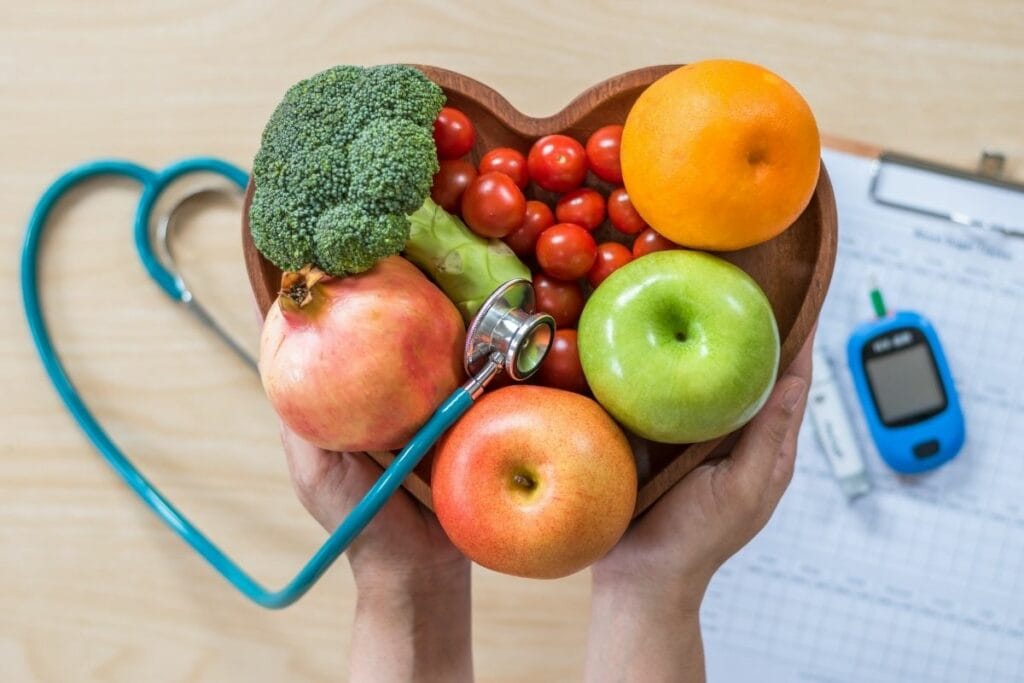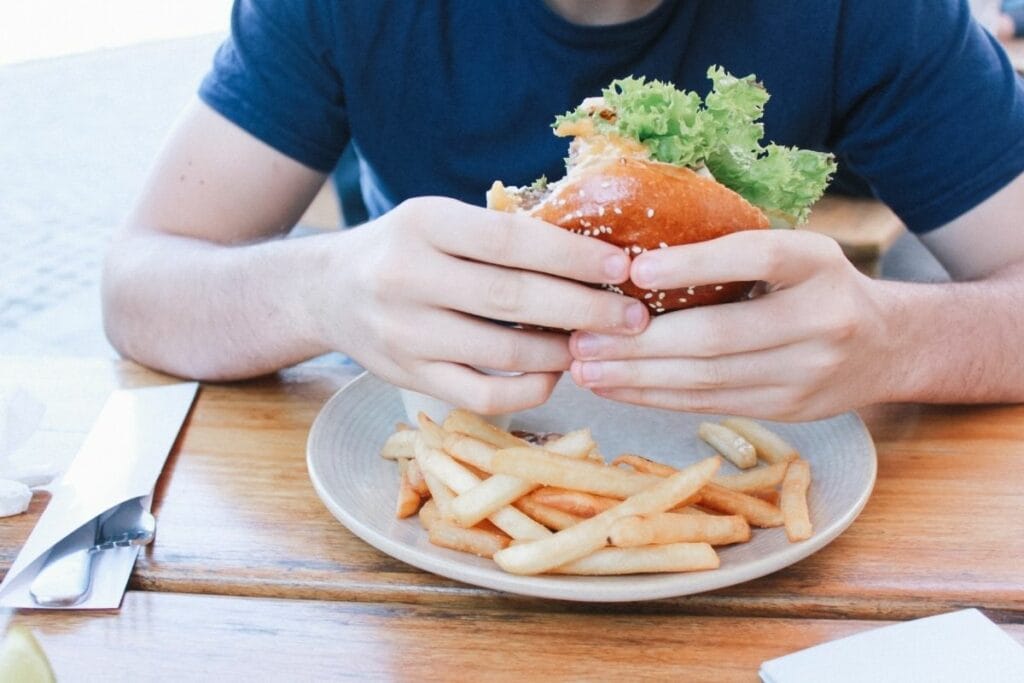Pain in the right side of the abdomen, sleepiness and fatigue are symptoms which may indicate problems with the proper functioning of the liver. Then, the metabolism of some nutrients is disturbed. Therefore in the treatment process a diet for liver is essential in therapy. Without it, pharmacological treatment will not be effective.
Abstract:
- There are many liver-related ailments, including cirrhosis and steatosis. In both cases, the therapy is all about combining medications with a proper diet.
- A therapeutic high-protein diet relieves the liver and at the same time provides an adequate level of nutrition to the body.
- In the liver diet, you should limit fats and simple sugars. The main nutrient is protein containing exogenous amino acids.
- Composed by scientists and dieticians, SUPERSONIC Food Powder cocktail is an innovative solution for people who suffer from liver diseases. Thanks to properly composed nutrients, the meal provides proper compounds and at the same time does not burden the body and is easily digestible.
Liver disorders
Liver problems are usually associated with dull pain or a ‘stabbing’ sensation. Remember that there are several different disease entities related to liver. The most common are cirrhosis and steatosis. The first disease is a consequence of excessive alcohol consumption, while the second one is usually a result of obesity. The treatment of both of these diseases is long and difficult, and the key to success is the proper diet.
What is a liver diet?
The diet recommended in liver diseases should maintain the proper way of nourishing the body and ensure the regeneration of the cells of this organ, while relieving the burden in the case of liver dysfunction.
In acute liver failure, protein tolerance is sometimes reduced to 1 g per kilogram of body weight per day. Therefore, increasing the consumption of protein and other nutrients should be done slowly and gradually. Too much burden put on this organ, especially in the advanced stages of the disease, may worsen the patient’s condition and, in extreme cases, he or she may develop a coma. As far as liver diseases are concerned, excessive intake of protein can cause hepatic encephalopathy and can lead to various neurological disorders.
Liver regeneration – what to eat?
A properly prepared liver diet effectively supports the functioning of this organ. In the first period, a menu with a higher protein content than recommended for healthy people is usually implemented. It is estimated that meals should provide wholesome protein in the amount of approx. 1.5-2 g per kilogram of body weight. In the case of liver cirrhosis, the protein intake should be slightly lower, approx. 1.3-1.6 g. The consumed protein should have a high biological value so it should contain exogenous amino acids.
In the case of fats, the recommended dose of this nutrient is a maximum of 1 g / kg of body weight. With severe steatosis, the fat intake should not exceed 30-50 g per day, of which approx. 15% should be polyunsaturated fatty acids. In the liver diet, you should also limit the consumption of simple sugars to a minimum. So if you are wondering how to take care of your liver first of all, pay attention to what is on your plate. Try to provide your body with properly composed meals containing ingredients of high nutritional value.
SUPERSONIC Food Powder for a healthy liver
When the liver is ill, it is best to use proven solutions. SUPERSONIC Food Powder is a high-protein and easy-to-prepare cocktail meal with a high content of exogenous amino acids from peas, rice, pumpkin and hemp. A high amount of dietary fiber, including beta-glucans, has a positive effect on the work of the liver, without overwhelming it.
Summary
A proper diet is the simplest answer to the question how to reverse steatosis and fight with the effects of cirrhosis. Although it is a difficult and long process, a properly balanced menu is the basic element of effective therapy.
References:
- https://www.healthline.com/health/fatty-liver-diet
- https://liverfoundation.org/for-patients/about-the-liver/health-wellness/nutrition/
- https://britishlivertrust.org.uk/information-and-support/living-with-a-liver-condition/diet-and-liver-disease/

